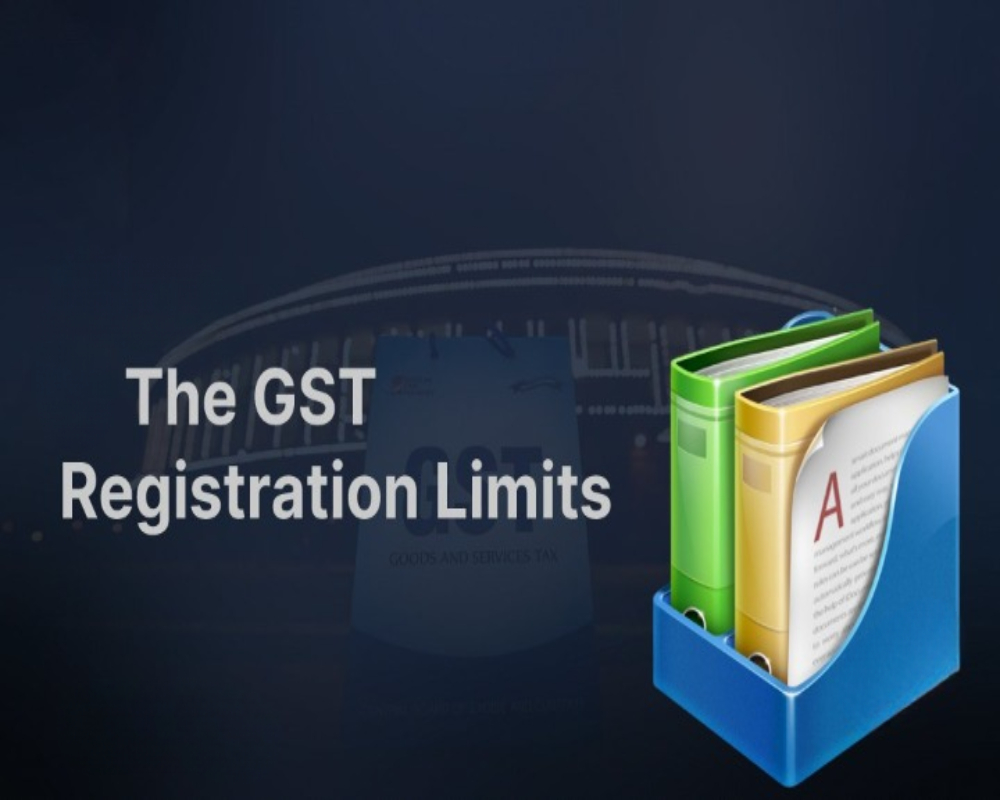Threshold Limit for Goods (Intra-State Supply)
For firms engaged in the supply of goods, GST registration becomes mandatory when their aggregate turnover exceeds ₹40 lakhs in most states.
- This limit applies to intra-state supply (within the same state)
- For special category states like North Eastern states, Himachal Pradesh, and Uttarakhand, the limit is ₹20 lakhs
- Voluntary registration is allowed below the threshold
- Registration must be applied for within 30 days of crossing the limit
- PAN-based turnover across all states is considered for calculation
Threshold Limit for Services
For partnership firms providing services, the GST registration threshold is ₹20 lakhs annually.
- Applies to most states for intrastate service providers
- For special category states, the threshold is ₹10 lakhs
- Includes consultancy, digital, financial, legal, or educational services
- If service is supplied interstate, registration is required from day one (no threshold)
- Freelancers and professional firms must also comply
Compulsory Registration in Certain Cases
Some partnership firms must register for GST regardless of turnover due to the nature of their transactions.
- Inter-state supply of goods or services
- Selling through e-commerce platforms (like Amazon, Flipkart)
- Reverse charge mechanism (RCM) applicability
- Casual taxable persons or non-resident taxable persons
- Businesses dealing in exempt + taxable goods/services may still need registration
Benefits of Voluntary Registration
Even if turnover is below the limit, many firms opt for voluntary registration to avail of business advantages.
- Can claim Input Tax Credit (ITC) on purchases
- Builds credibility with clients, especially corporate buyers
- Helps in participating in government tenders or bulk supply contracts
- Allows issuing GST-compliant invoices
- Easier to expand the business across states or platforms
Penalties for Non-Registration
Failing to register for GST when required attracts penalties and legal consequences.
- Penalty of ₹10,000 or 100% of tax due, whichever is higher
- GST liability will be assessed with interest for the default period
- May lead to loss of ITC and ineligibility for tax benefits
- Registered buyers may stop dealing with non-GST suppliers
Business operations may face disruption due to non-compliance


0 Comments